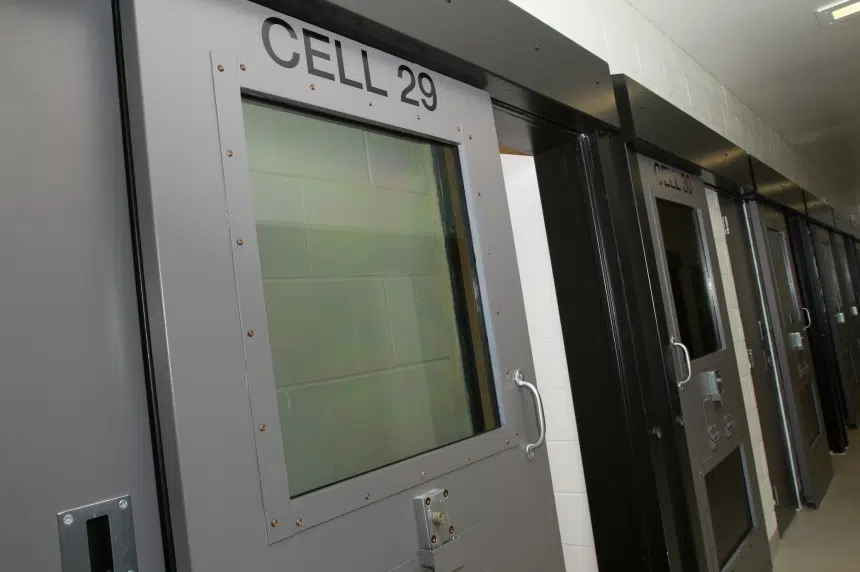A Saskatoon man is disappointed that concerned citizens can no longer call and find out if someone is being held in a police detention cell.
The president of the Aboriginal Affairs Coalition of Saskatchewan, Kim Beaudin, said he often calls police as part of his role with the coalition. But when he recently asked if a particular person was either in police custody, or had been transferred to corrections, he said he was told that a policy change prevented police from giving out any information.
Before that, Beaudin said he always got answers from police.
“You know I’ve probably called quite a few times. They’ve been pretty good, they’ll say ‘yeah the person’s here, or the person’s been transferred over to corrections’.”
He said his main concern is that people who are worried about someone’s safety can no longer immediately rule out whether or not that person is in policy custody.
“What really jumped out to me, you know, you have issues around missing and murdered aboriginal women and that, and then you’re thinking well, what if people are concerned about that?,” he said. “It would be quite stressful on a family member, that’s what I believe.”
Saskatoon police spokesperson Kelsie Fraser said the change is not related to policy, but has to do with the police service tightening their practices in order to ensure they are in compliance with the Freedom of Information and Protection of Privacy Act.
She confirmed that previously, anyone could call to find out if someone was in detention, but it became a privacy issue when police realized people, who may not have had the best intentions, were calling.
“The ability to just call and say ‘hi, do you have this person in custody’ that is where it kind of gets into a grey area. It should be for a missing person’s report, not to just check on a whim to see if they’re in custody,” Fraser said.
She pointed out that the exception is when a youth is involved. In that case, a parent, legal guardian or lawyer can call to ask if the child or teen was picked up by police. They will get an answer as long as they can prove their identity, Fraser said.
If people are concerned about the whereabouts of an adult family member or friend, she said they need to come down to the police station and file a missing persons report.
“And before we go ahead and list somebody as missing we’re going to do our due diligence and make sure that they’re not in our custody first.”
But Beaudin said it would put a family at ease if they were able to simply call and find out, rather than going through the process of filing a missing persons report when there’s a good chance that the person is not missing. He said he often calls about people who have mental health issues and are not seen for days at a time.
“When I call it’s because I’m worried about their safety,” he said. “That’s why I like to find out what’s going on.”
Fraser said they still encourage any member of the public who believes that someone may be in their custody to come forward to police.











